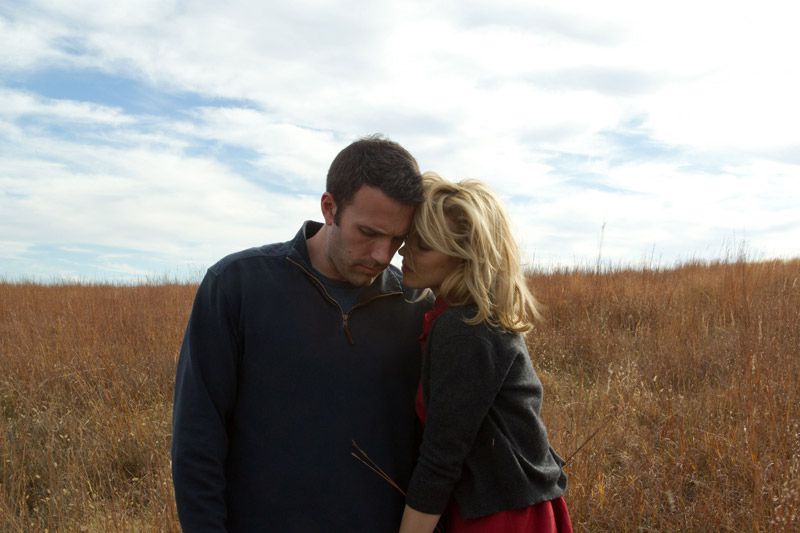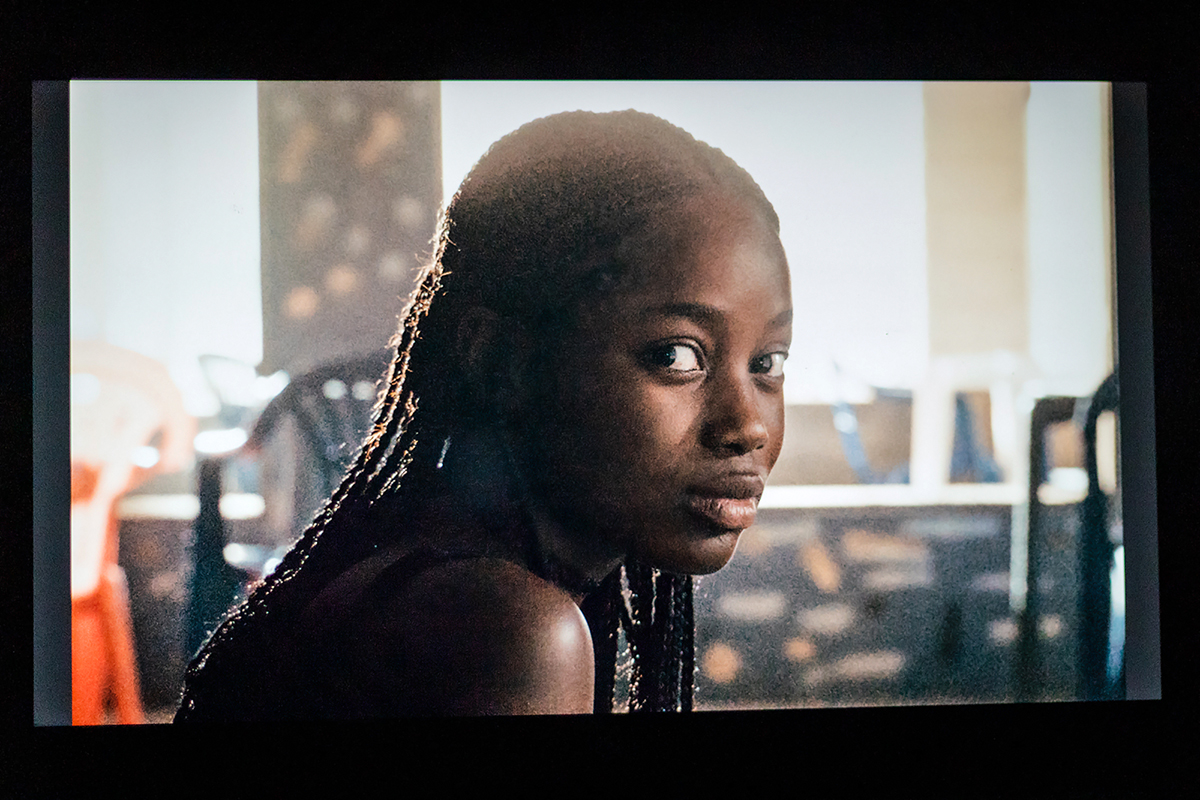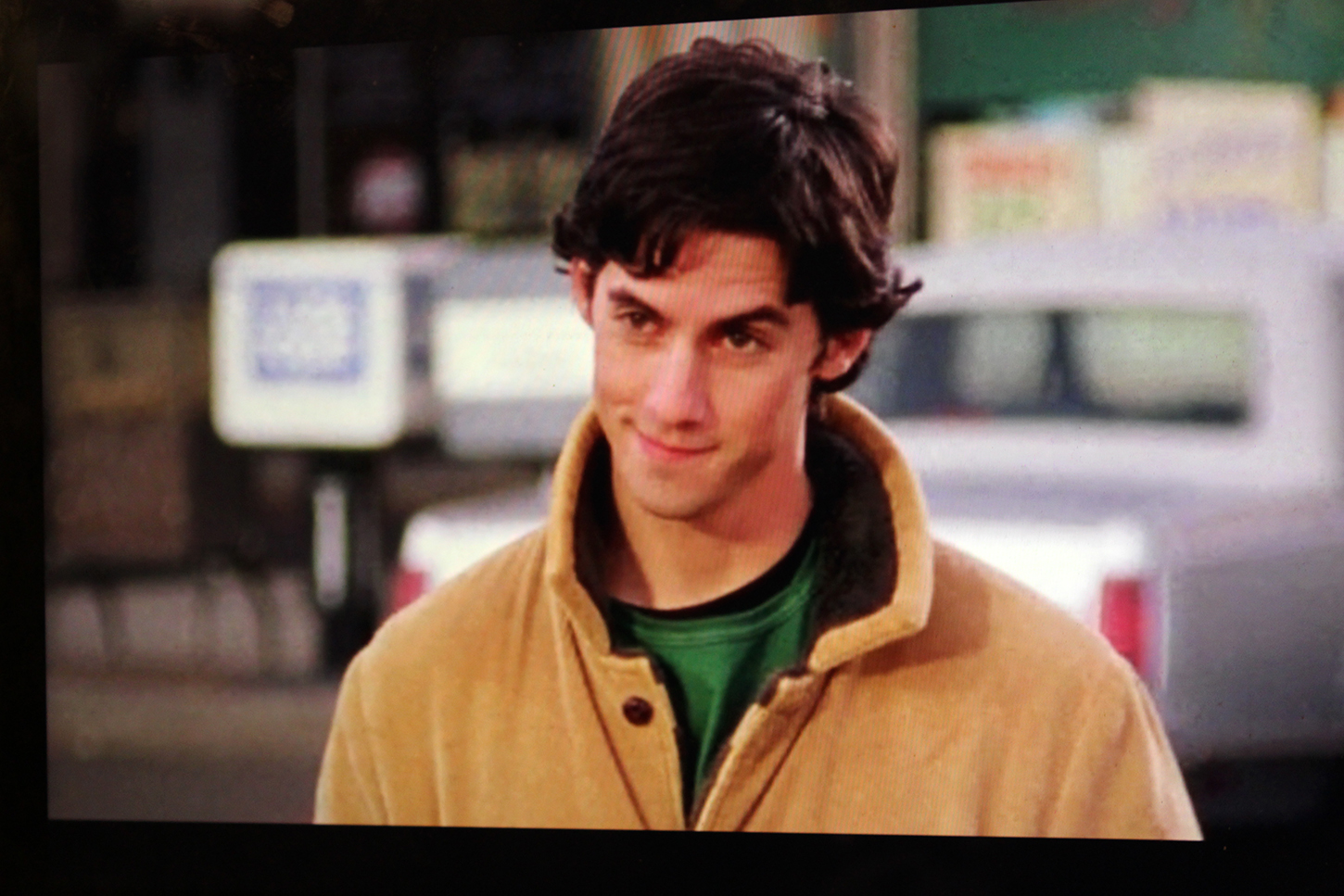
PHOTO COURTESY OF MAGNOLIA PICTURES
A strange sense of timelessness manifests itself throughout Terrence Malick’s films. While he generally defines eras and physical places concretely, Malick’s stories could originate from any world or any time. hiss singular and enigmatic style — defined by his engagement with the world in creative gestures, whispering melancholy voices, even animated dinosaurs — also creates a strange paradigm.
At times, one can’t tell whether Malick’s films are absurd psychobabble or elucidatory brilliance. This is perhaps no more evident than in The Tree of Life — a film that attempts to reconcile and place the meaning of our lives within the infinite timeframe of God, the Alpha and Omega. Even by Malick’s standards, it fought through deeply ambitious visual and thematic territory. How does a director proceed?
Ostensibly, with To the Wonder. Notably, the mystery film, which holds love at its center, is the first of Malick’s films set in the contemporary time. The story focuses upon a young couple, Neil (Ben Affleck) and Marina (Olga Kurylenko), as they fall tragically and incomprehensibly in and out of love.
In the beginning of the film, when the couple enjoys the simple delight of each other’s company, it is difficult to tell if they are in love. It looks like they are in love, it feels like they are in love, but how do we even begin to explain these intuitions? In fact, one could pose the same question to the characters on screen. As they climb to the isolated and pristine Mont Saint-Michel, Marina whispers innocently, “we climb the steps to the wonder.” These words take on heavy symbolism, showing how far the pair must go to understand their personal love — or whether such a concept can be made elucidative. Essentially, can we — step by ascetic step — come to occupy a transcendent love?
Wonder stands as a philosophical investigation into how we choose to define love, despite any natural signs to its impenetrable nature. There is no singular moment that shows anyone purposefully in love or even out of it. And while some may claim that love is reason enough to believe in the complexity of human experience, in the case of Wonder, the process is perhaps taken too seriously.
The consistent narrator throughout the film is Marina, who chronicles her feelings of love through aphoristic voiceovers. But these voices are just too opaque and arbitrary. The viewer must struggle (not necessarily for reward) to find any meaning. Meanwhile, that battled-for meaning often barely relates to the action on the screen. Sadly, it really makes her seem either more or less human depending upon the scene. Whatever the case may be, the unfortunate symptom of such babble is the sudden, apathetic distance we feel from her plight.
Marina’s pretentiousness also infects through other areas of Wonder. Malick’s cinematography is always beautiful, particularly the way he shows intimate moments. He’s the filmmaker who shows you the tree falling in the woods with no one around. Yet, everything seems to be a private experience with little space to step back and look around. Similar to this year’s Les Misérables, it is difficult to maintain significance within the film when every pixel seems eager to walk on the stilts of higher emotion. The score, in particular, often overwhelms moments that would probably speak more clearly without the use of heavy, sensualized classical music.
What Malick lacks in emotional contrast, he delivers in love motifs. Perhaps the most critical figure in the film is the priest played by Javier Bardem, who suffers from the loneliness of his monastic lifestyle, which necessitates sacrificing human intimacy for a relationship with a divine being that often goes unseen and unheard. “Everywhere you’re present,” he pleads to God, “and still I can’t see you.”
In many ways, this attitude also represents my feelings toward Wonder in general. It is one thing to recognize the sort of aesthetic experience Malick hopes to define as love, but it is also quite difficult to say what any of it amounts to. With that said, confusion and ambiguity is the name of the game with love, and Malick shows this with the utmost dedication.




























































































































